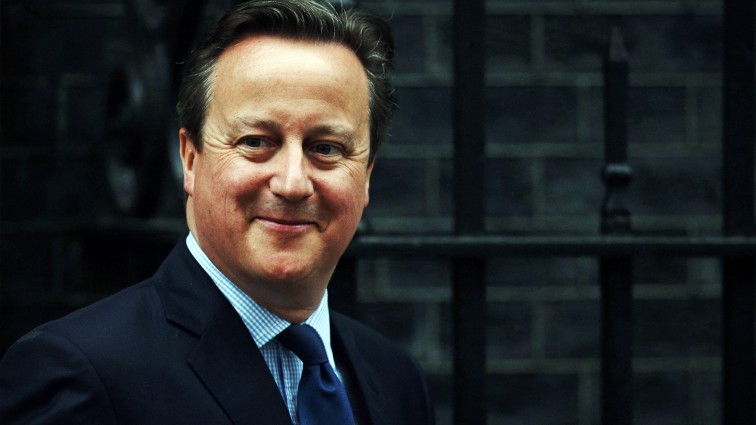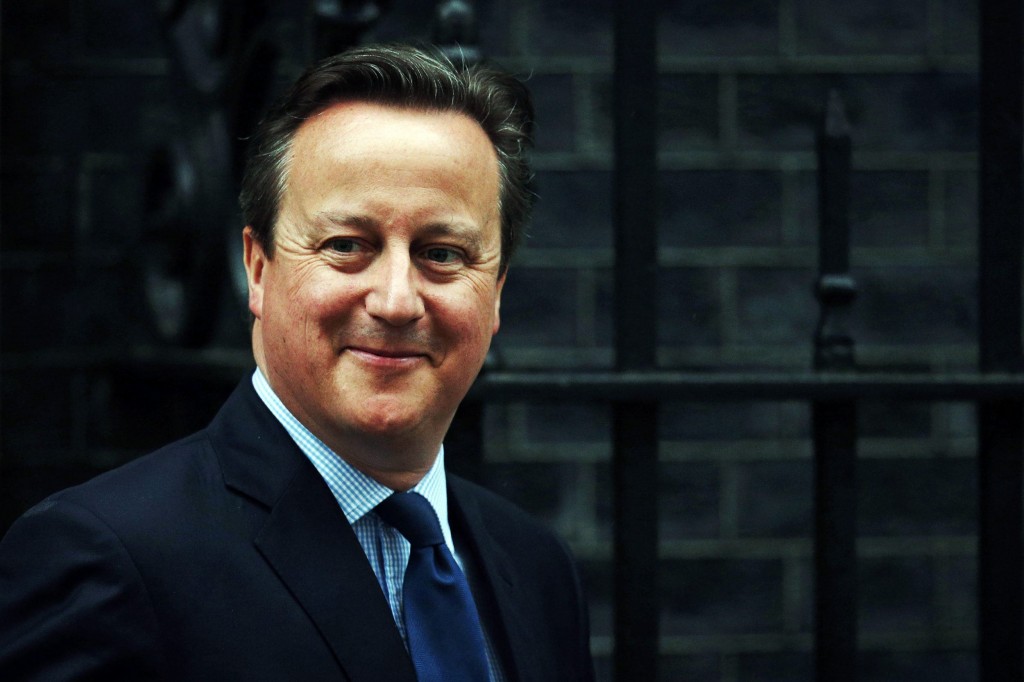Cameron should thank May for re-writing his legacy on Brexit

When commentators and colleagues started penning political obituaries last summer, David Cameron would have been wise to look away. He knows it will take some time for the B-word to drop into the second or third sentence in assessments of his time in office. But when that day comes, when the former prime minister’s achievements and failures – two million jobs, same-sex marriage, education reform, welfare cuts and stagnant wages – are discussed in paragraphs and chapters, rather than dismissed in bullet points, Cameron should raise a glass to his successor.
By becoming the face of Brexit, Theresa May has done more than any favourable columnist or historian to rewrite the Cameron legacy. For while he staked his career on the prospect of an EU referendum, it is May who will be defined by whatever version of Britain emerges from the mess she inherited.
With May’s expected to use today’s well-trailed speech to signal her intention to ditch all of the European architecture – the Union, the Single Market and the Customs Union – in one fell swoop, the prime minister is starting to reveal her hand, card-by-card, ahead of triggering Article 50 within the next 10 weeks.
This high-stakes approach is a definite transformation from the chaotic days of last summer. Politicos were agog with praise for the new prime minister’s decision to put Messrs Johnson, Davis and Fox in charge of the crucial Brexit departments. “You broke it you fix it”, seemed to the message from May, who, it was noted, had a slightly rocky relationship with Johnson during their tenures at the Home Office and City Hall. Machiavellian was the word of the day. It wasn’t an entirely risk-free move, but by being able to pin the blame on them when Brexit went wrong, or steal the credit when it turned out to be going well, May was demonstrating the cunning which had secured her path to the top. It was the same strategy she had employed during the referendum campaign – placing just enough toes on the company line to be safe however the vote turned out.
That idea didn’t last long. Whether it was fear her musketeers were not up to the job or a realization of the opportunities Brexit offers to become PM of the century, May has taken back control of the Brexit agenda in Whitehall.
It is this contrast with Cameron’s managerial style, and his fondness to delegate both responsibility and credibility to his ministers, which will accelerate the process of May replacing him as the face of Brexit.
In their early attempt at an “it-wasn’t-all-Brexit” eulogy, The Spectator noted: “Under Cameron, No. 10 was not pulling all the strings of government. The action was dispersed to different power bases: Michael Gove’s school reforms; Iain Duncan Smith’s welfare reforms.”
The list could be continued. Austerity was George Osborne’s, the Snooper’s Charter was May’s, the NHS and all its various crises belonged squarely to Jeremy Hunt.
Such willingness to let departments be departments, partly imposed by the trappings of coalition, has created trouble for those trying to pin down Cameroonism. Any economic success was ascribed to Osborne, immigration failures to May, tuition fees to Clegg. Even on foreign policy, so easily the defining feature of a prime minister’s tenure, Cameron failed – though, on occasion, not for lack of trying – to leave much of a mark.
Then, onto this semi-blank Dave-shaped canvas, came the EU referendum. Such a dramatic rejection of the status quo, and a vote in defiance of Cameron personally, erased one of his more enduring features: the election-winner. In its place the big red, white and blue letters of failure were painted.
However, “Great man” theories of events, especially UK elections, very rarely stand the test of time. Cameron was the first victim, and will be left with some responsibility for the defeat, but already the blame for Brexit is being spread to others such as Corbyn and Johnson. As ever, causes and meta-narratives such as the mistrust of elites and the failure of globalization, not characters, will become the consensus view as to why Britain voted Leave on 23 June 2016.
Once this narrative does take hold, where exactly will Cameron stand, both in the history of Britain and the EU, and in terms of his own lasting impression on the country he led for six years?
Enter, Theresa May. By ditching Cameron’s hands-off approach, May is carving out a bigger slice of the history books than her predecessor. While she can prepare the pages, however, the words are out of her hands. Whatever happens, Brexit will be more than just a chapter in her biography.
If it is a success, if the UK economy prospers, manufacturing booms and free trade awaits, it is May the Remainer who will take the plaudits. If it falters, if inflation eats living standards, if trade dries up, the debt swells and communities fracture, it will be her, not Cameron or Johnson, that will take the blame.
Политика конфиденциальности | Правила пользования сайтом









